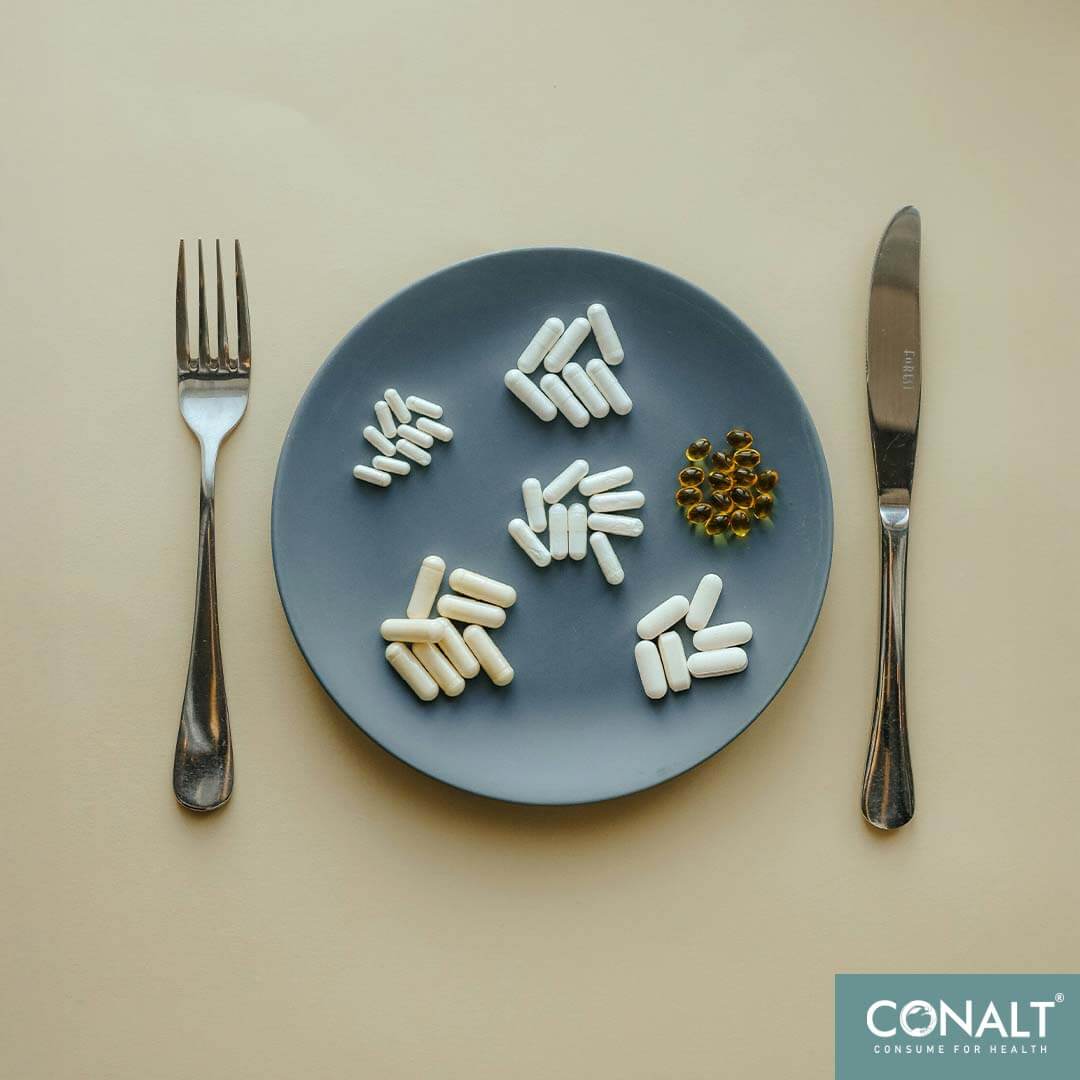Which Supplements Support Cell Regeneration?

Approximately 330 billion cells in our body regenerate every day. This massive biological cycle is critically important for staying healthy, healing wounds, slowing aging, and keeping the immune system strong. The process of cell regeneration is not only influenced by genetics but also by our daily nutrition habits, sleep patterns, and the supplements we use. This is where cell regeneration-supporting supplements come into play. In this article, we explain in detail the main supplement groups that contribute to cell renewal based on scientific data.
What Is Cell Regeneration and Why Is It Important?
Cell regeneration is the process by which the body removes damaged, aged, or dysfunctional cells and replaces them with new ones. This process is vital for maintaining a strong immune system, preserving skin health, repairing muscles, and ensuring overall quality of life. Factors like poor nutrition, stress, environmental toxins, and aging can slow down this cycle. Supporting this process with the right nutrients and supplements can be the key to staying youthful and aging healthily.
How Do Protein and Amino Acid Supplements Support Cell Repair?
Proteins are the fundamental building blocks of cells. Especially in muscle tissue, activated satellite cells begin the regeneration process with protein support. For this reason, amino acid supplements play an important role in cell renewal.
L-Arginine, Glutamine, and Creatine Supplements
- L-Arginine contributes to tissue repair by increasing collagen production.
- Glutamine is used in the regeneration of immune cells and is vital for gut health.
- Creatine has been shown in studies to support the differentiation of muscle stem cells.
Note: A study conducted by Washington State University demonstrated that supplements like creatine and L-arginine positively influence the proliferation of muscle stem cells. CONALT BANEXT
How Do Antioxidant Vitamins Slow Cellular Aging?
Free radicals damage cells and accelerate aging. Antioxidant vitamins prevent this damage and promote cell regeneration.
For more information on antioxidants: https://www.conalt.com/en/blog/what-are-antioxidants-how-do-they-benefit-your-health/
Vitamins C and E
- Vitamin C accelerates the repair of skin and connective tissues by triggering collagen production.
- Vitamin E protects cell membranes against damage from free radicals.
Polyphenols and Phytochemicals
Antioxidants like anthocyanins and flavonoids found in red fruits support cell renewal by reducing inflammation. Blueberry extracts are especially effective in this regard.
Note: Supplements containing red fruit extracts not only support immunity but also contribute to DNA repair.
How Do Omega-3 Fatty Acids Strengthen Cell Membranes?
Omega-3 fatty acids support healthy cell function by maintaining the flexibility and permeability of the cell membrane. These fats also suppress inflammation, allowing a regeneration process that is aligned with the immune system.
EPA and DHA-Based Supplements
- Fish oil (salmon, sardines) and krill oil are rich in omega-3s.
- CLA (conjugated linoleic acid) forms have been shown in studies to trigger proliferation and differentiation in muscle cells.
Note: Supplements like CLA Ultra Lean and Clarinol G-80 may trigger muscle regeneration by increasing the number of muscle stem cells.
What Is the Role of Minerals in Cell Regeneration?
Minerals work alongside vitamins and play a critical role in processes like enzyme function regulation, DNA synthesis, and immune cell production.
Zinc, Magnesium, Selenium, and Iron
- Zinc is necessary for wound healing and cell division.
- Magnesium supports ATP production, providing cellular energy.
- Selenium is essential for the function of antioxidant enzymes.
- Iron plays a fundamental role in oxygen transport and cell metabolism.
Note: Eggs, nuts, leafy greens, and poultry are rich sources of these minerals.
What Is the Function of Herbal and Functional Food Supplements?
Some functional foods or phytonutrient-based supplements have direct effects on cell regeneration.
Notable Supplements
- Cruciferous vegetables (broccoli, cauliflower): Suppress inflammation with their glucosinolate content.
- Blueberry extract (Vita Blue): Protects DNA with its polyphenol effect.
- Humanofort: Contains embryonic peptide complexes, which have been shown in some studies to increase cell proliferation.
- Dietary supplements: allow for fast and convenient intake of essential vitamins, making them a practical solution.
Note: When combined with exercise and quality sleep, these supplements create a synergistic effect on cell regeneration.
Recommendations to Enhance Cell Regeneration
Lifestyle habits are just as important as supplements when it comes to influencing cell renewal.
Practical Daily Tips
- Balanced diet: Rich in vitamins and minerals.
- Regular exercise: Supports stem cell activation.
- Quality sleep: Most regeneration occurs during sleep.
- Avoid toxins: Smoking and alcohol slow down cell renewal.
Conclusion
Don’t forget that your body renews billions of cells every day and it’s possible to accelerate this process with the right support. Supplements that support cell regeneration include proteins, antioxidants, omega-3 fatty acids, minerals, dietary supplements, and phytonutrients. These scientifically supported aids strengthen your immune system, keep your skin youthful, and help you lead a healthier life.
Reference
Alderton, P: (1985). The Vitamin, Mineral, Connection. Loiusville, Books World.
Basu U, Guan LL, Taniguchi M, Zhao Y, Dodson MV. Application of ‘omics’ technologies on improvement of meat quality. Haugen S, Meijer S, editors. Nutritional Biochemistry: Genomics, Metabolomics and Food Supply. Hauppauge, NY: Nova Science Publishers;2009.










